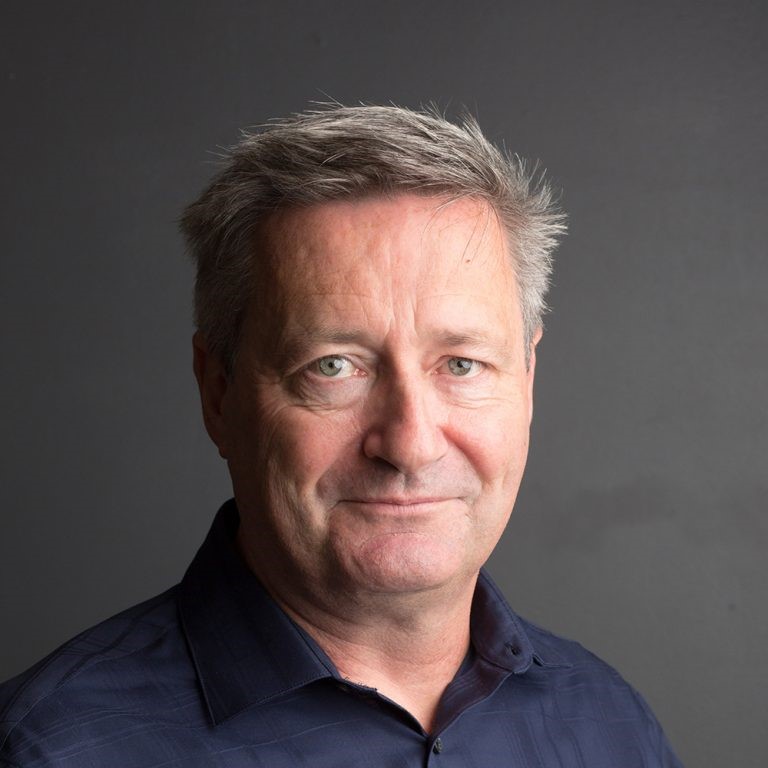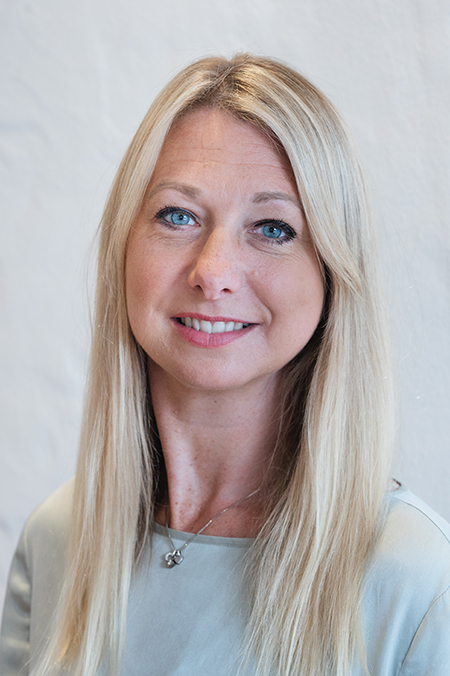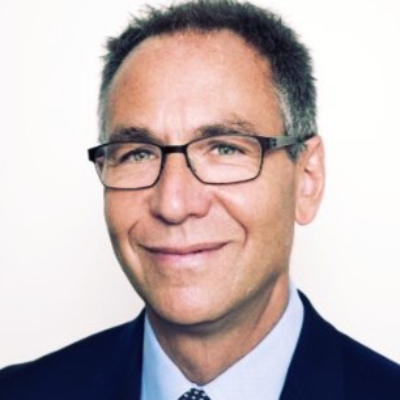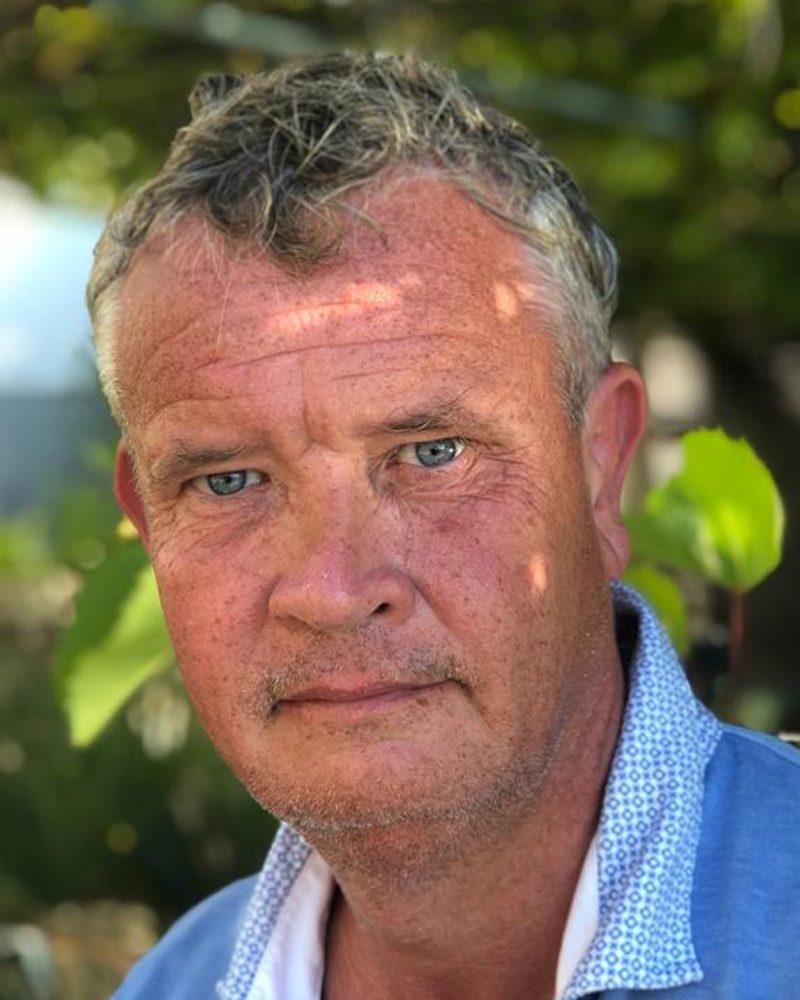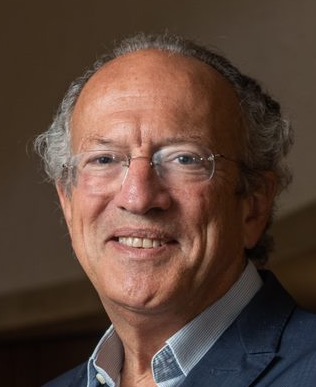-
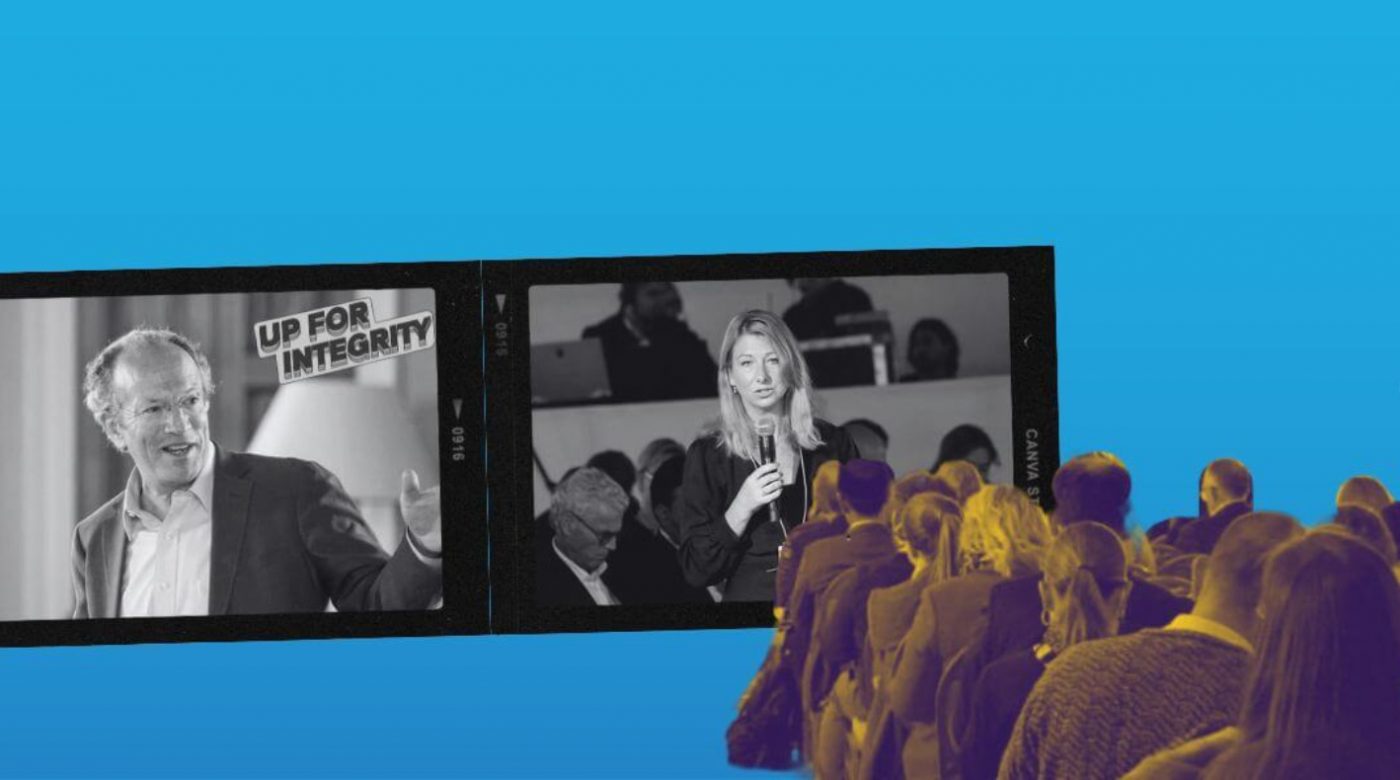
Masterclasses #IACC2024
Unlock firsthand insights from leaders' real-world stories
How to Rock The World when you start Out With No Resources: Turning Lone Wolves into The Global Anticorruption Wolf Pack
From the Panama to the Pandora Papers; Gerard Ryle has been a driving force. During this Masterclass, Gerard will share his personal experience from more than a decade of turning lone wolves into the global anti-corruption wolf pack.
SPEAKER
How to Defend an Ethical and Transparent Work Culture while Avoiding a Road Paved with Landmines
In this Masterclass, Cecilia Muller Torabrand, CEO, of The Maritime Anti-Corruption Network, will interview Richard Bistrong (convicted of anti-bribery offences in the US and trade offences in the UK) and Jonathan Taylor (the whistleblower on one of the world’s largest global corruption scandals) on what triggered their actions. While they stood on totally different sides of corruption, we will dive into what motivates people to engage in corruption and to report it, share their experiences and reflections on the human aspects of their journeys, linking their decisions to the legal landscape. The session will bring the audience into their personal journeys and together dissect tough to tame dilemmas. This is a Masterclass that aims to surface some unknowns with a first-hand look at “what actually happens” in the field.
SPEAKERS
Public Corruption Turnarounds: How to Replace Endemic Corruption with a Culture of Integrity
In this Masterclass, Professor Christopher Stone shares his experiences of working with leaders who have successfully turned around historically corrupt public institutions. How do they do it? How long does it take? How long does a new culture of integrity last?
